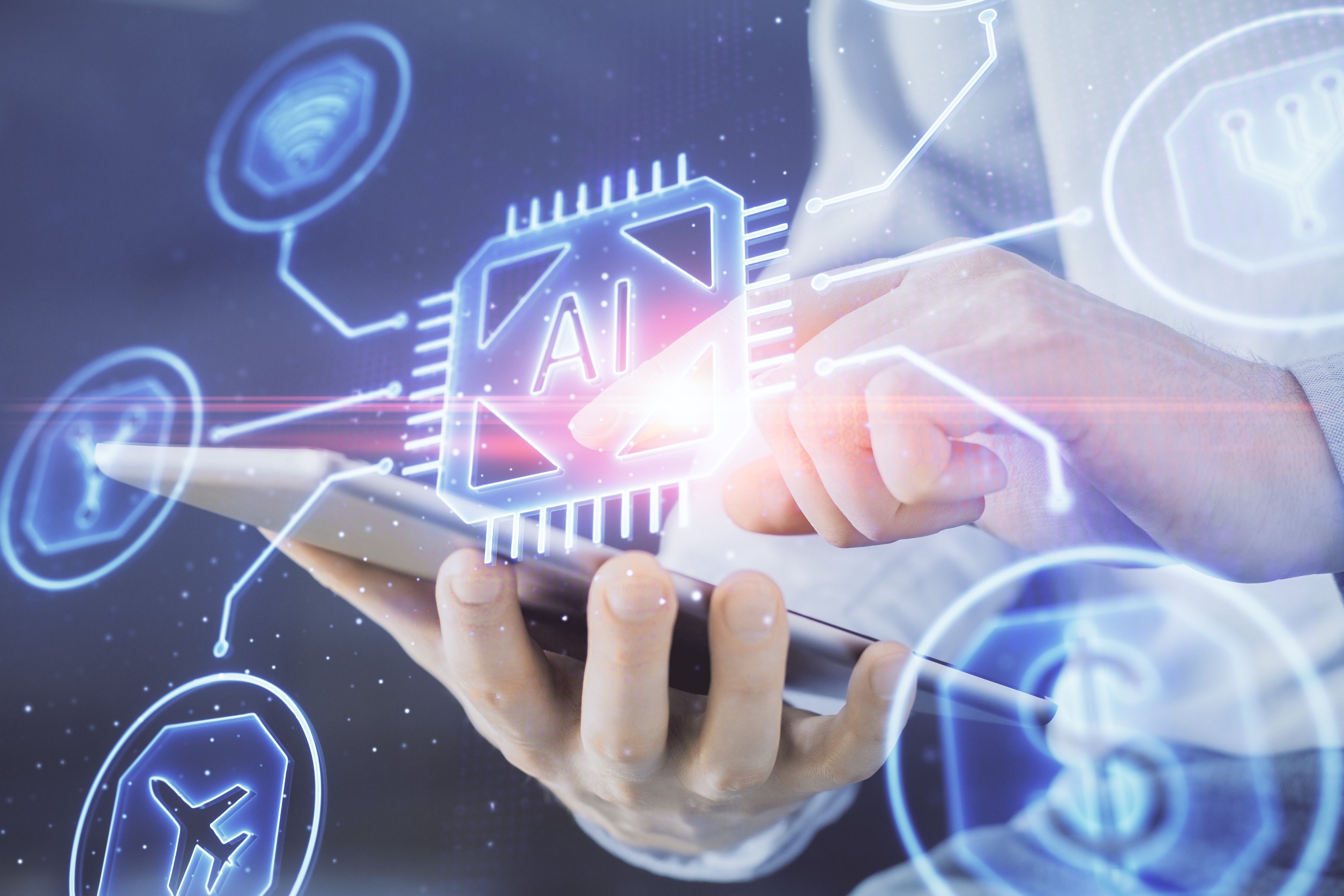AI may have a greater effect on higher-educated employees
- Champa Ha

While automation technologies tend to be perceived by many as a threat to blue-collar employees, new research has shown that generative AI may have a greater impact on white-collar employees.
According to McKinsey’s new report titled, The economic potential of generative AI: The next productivity frontier, generative AI can potentially boost the global economy by as much as US$4.4 trillion and labour productivity growth by up to 0.6% annually through 2040.
However, the report cautioned that for employees who have multi-year degree credentials, generative AI will transform their work most due to advances in technology that impact white-collar work. This is as opposed to employees in lower-wage occupations, who perform tasks that are likely to be more difficult to automate.
Employees who have earned a master’s degree or doctorate could see 57% of their tasks automated through generative AI, McKinsey predicted, up from 28% from assessments made before generative AI was widely adopted. Employees with bachelor’s degrees could have 60% of their tasks automated, an increase from a previously projected 36%. By comparison, workers with a high school diploma or equivalent are expected to see an increase in the share of automated work to 64% from 51%.
READ MORE: Regulation of AI in the workplace considered in the Philippines
To adapt, employees will need to be supported in learning new skills and organisations will need to overcome challenges such as managing the risks inherent in AI, determining what new skills and capabilities their workforce will need, and rethinking core business processes such as retraining and developing new skills, McKinsey said.






